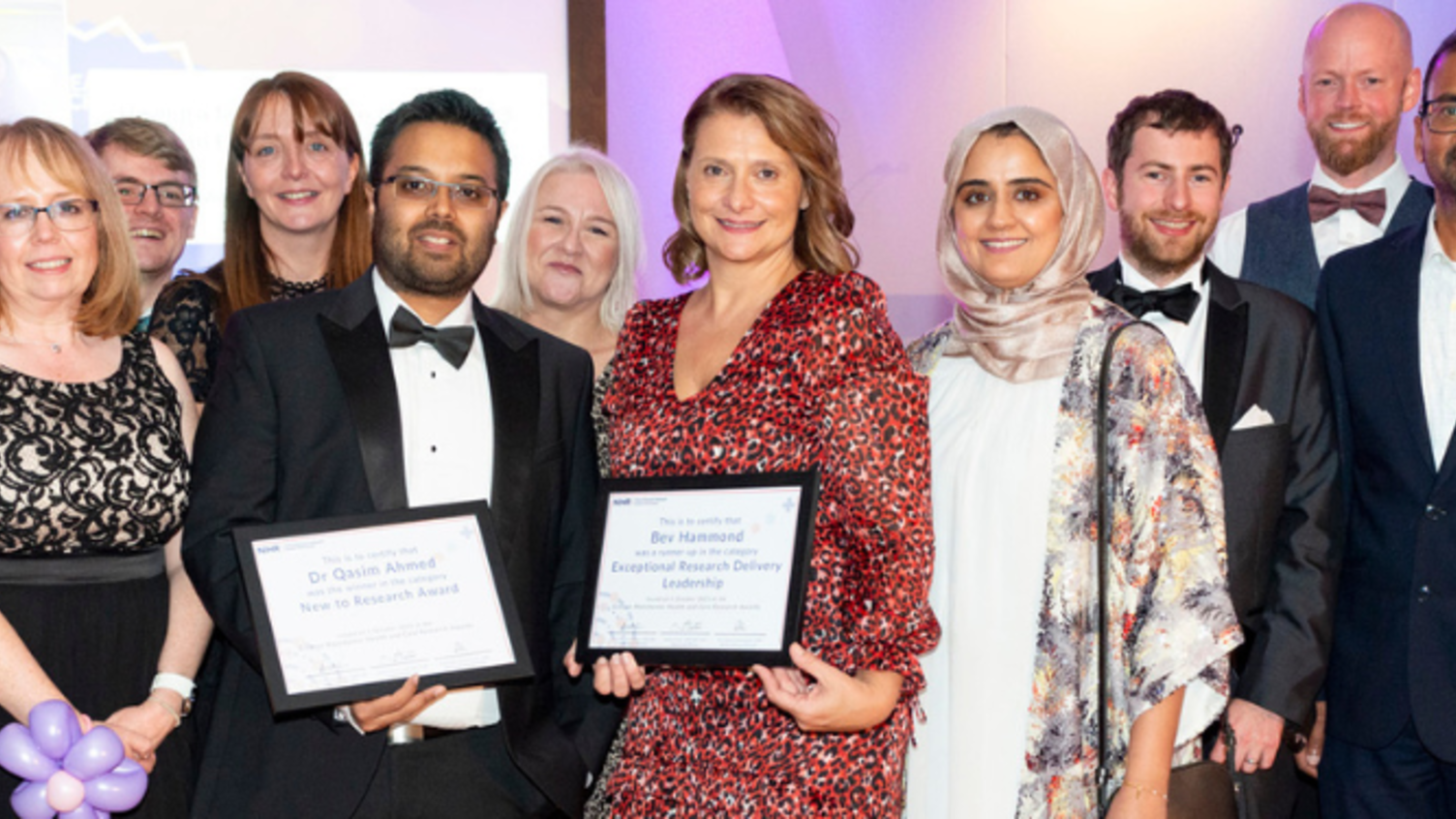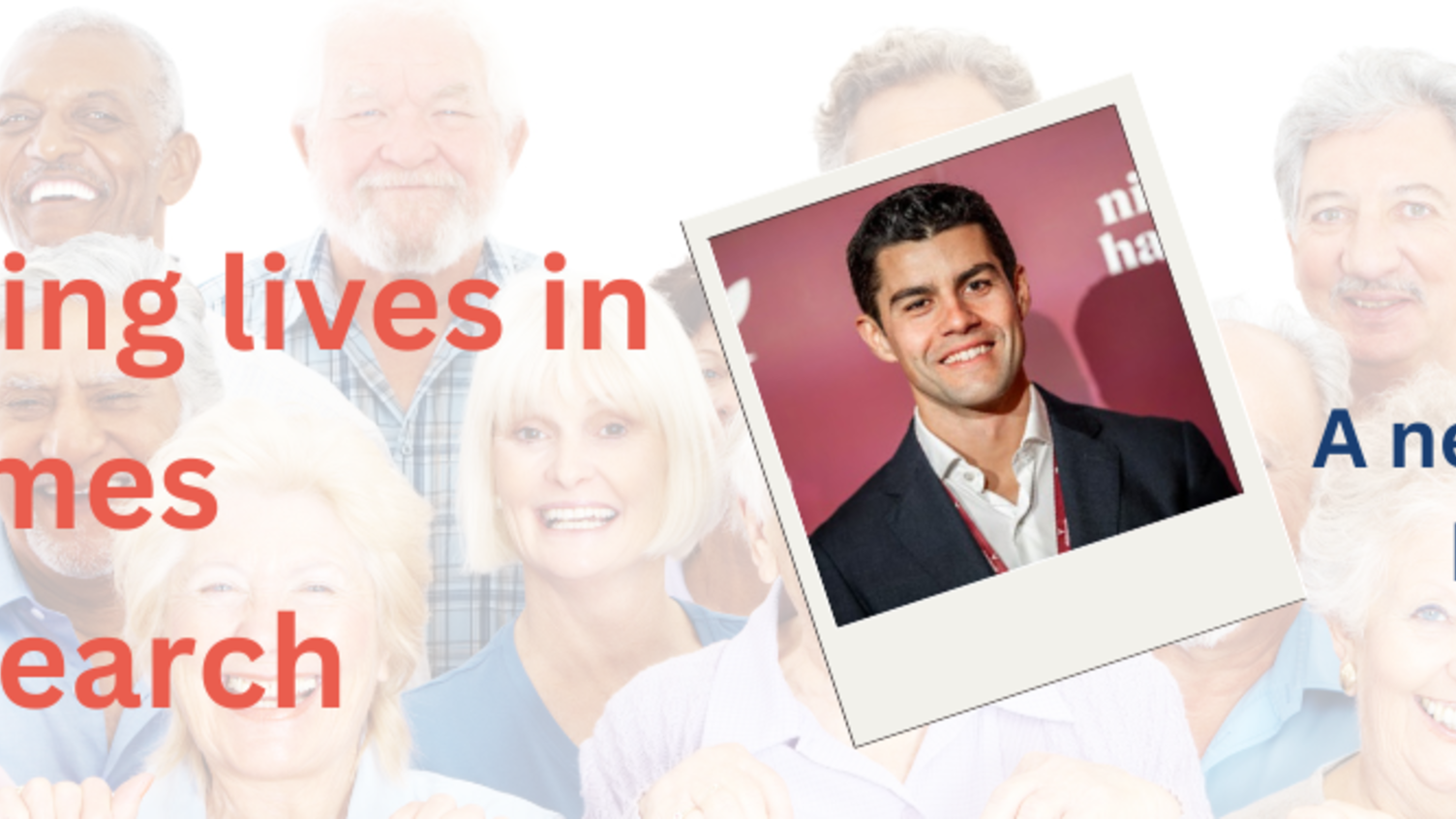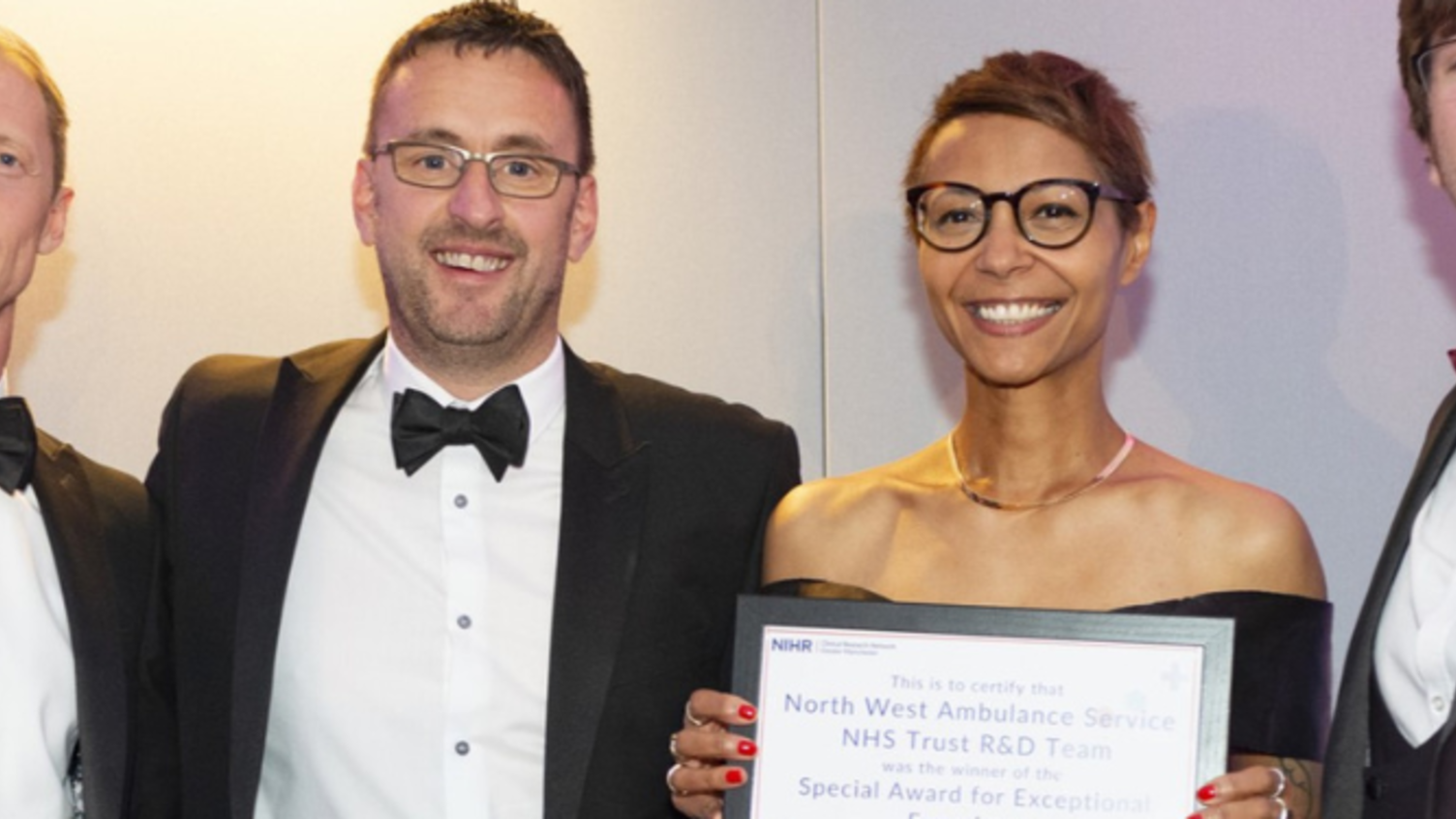Your Path in Research: “Everyone I know who works in this field is motivated by a strong sense of social justice”
- 09 November 2022
- 5 min read
Professor Rosalind Raine, Health Services Research and Population Health Specialty Lead at CRN North Thames is focused on research into health and public health interventions and systems - how they contribute to the health of society and address inequalities.
Here Rosalind, who is also Director of the NIHR Applied Research Collaboration North Thames and a NIHR Senior Investigator, explains how her career developed and what those thinking of embarking on a career in public health research should consider.
Sometimes when people talk about the term ‘public health’, it can bring up images of infection control and clean water, but the reality is that it is about much, much more than that. I have never worked in these areas (which come under ‘health protection’), except as a trainee. That’s why I prefer to call it population health - because it covers health improvement, health services, health and NHS data as well as health protection. All these components are equally important in improving population health and equity.
All the population health researchers I know have a strong sense of social justice. For me, it goes back to when I was nine years old at my comprehensive school in Leeds. I remember the occasion when I realised that there were opportunities that were far more likely to be open to me than to many of my classmates. At that age I did not understand the fundamental role of social class, but the randomness of life chances felt wrong, and I didn’t want to just soak up the benefits and be a bystander in an unfair world.
Growing up, it became obvious how pervasive structural inequalities are in our society. My first opportunity to examine the impact of government policy came during my medical student elective in Sarawak, Borneo, when I lived with indigenous rainforest communities. Their lives, livelihoods and homes were being destroyed by the government, who were solely focused on cutting down huge swathes of some of the oldest rain forest in the world. Through research, I was able to show a link between deforestation and child health and growth, independent of different tribes’ nutritional practices.
Within medicine in the UK, as a junior doctor on the wards, I saw how different amounts of resources were being directed towards different specialities and that funding decisions weren’t just about clinical need and the ability to benefit.
I had no idea how to bring my interest in social justice into my work, until, when I was working as a junior doctor in cardiology at the Hammersmith Hospital, Professor Mark McCarthy, who is an epidemiologist at UCL, contacted me out of the blue and invited me to apply for an epidemiology post at UCL. That started my journey, which has benefitted immeasurably both from some of my brilliant and committed bosses and from others who I have been lucky enough to have taken an interest in me. I could not believe that these eminent and inspiring people were giving me their time, particularly when I wasn’t even their trainee. It was amazing and I’ll never forget it.
Professors such as Martin McKee, Peter Fonagy, Nick Black, Ian Basnett, Allyson Pollock, George Davey Smith and Tom Sensky have been really supportive to me at different points in my career. For example, I wouldn’t have published my first paper as an undergraduate if it wasn’t for Peter; I could not have had a more fun and stimulating introduction to population health had it not been for Allyson, Ian and George; it was Nick who encouraged me to successfully apply for Medical Research Council PhD and Postdoc Fellowships. I feel so privileged to still work with Peter, Martin and Ian today.
NIHR investment in population health research has grown over the years - soon after NIHR was established, I was lucky enough to win a NIHR Public Health Career Scientist award. Since then, NIHR population health research initiatives have blossomed, in large part thanks to [former Chief Scientific Adviser for the Department of Health and Social Care and current Chief Medical Officer (CMO) for England] Professor Chris Whitty. I have benefitted from a really diverse range of these NIHR grants, from Programme and research grants to School, Policy Unit and infrastructure funding.
In my own research, I am ‘disease-agnostic’. Instead, I’m focused on developing the methods to best examine effectiveness, equity, cost effectiveness and appropriateness of health and population health interventions, pathways and systems. Our research addresses national priorities and is designed to have direct impact and reduce inequity. For example, by linking datasets, we demonstrated the scale of health care inequalities across different specialties, time trends, variations by socio-demographic characteristics, the circumstances in which inequalities occur and, crucially, impacts on health outcomes. These data informed the UK Equality Act. We also designed very low-cost interventions to increase effectiveness and reduce inequalities in the NHS Bowel Cancer Screening Programme. The improvements were nationally implemented within six months of publication in the Lancet and this research was chosen as one of NIHR’S 10@10 flagship achievements presented at Parliament during their 10th anniversary celebrations.
More recently, we demonstrated the benefits of co-located welfare support services in the NHS for patients, doctors and commissioners. These services are now spreading to different NHS settings across the country. And early in covid we won UKRI Urgent Public Health funding to rapidly establish a large national cohort to study and follow the mental health of all types of NHS staff. Our policy recommendations are now being shared nationally.
In all my research, it’s not just the characteristics of the intervention or policy that are relevant, it’s also crucial to understand the context in which the intervention or policy is being delivered, to design an intervention which is feasible for widespread implementation, is affordable and meets stakeholders’ priorities and needs. These stakeholders include patients and the public, clinicians, commissioners and policy makers. Building genuine, equal partnerships with all relevant stakeholders is therefore an important first step in our research.
I think my main advice for those looking to get into population health research is that you need to embed yourself in jobs relating to population health or to take a population health perspective in whatever specialty you choose. Do get research active at the earliest and every opportunity. Population health is very popular and competitive so you really have to show that it is a specialty that you are interested in and that you can deliver your research ideas right through to publication. As you become more experienced, it’s also impressive if you can show your commitment to applying your research to changing practice.


